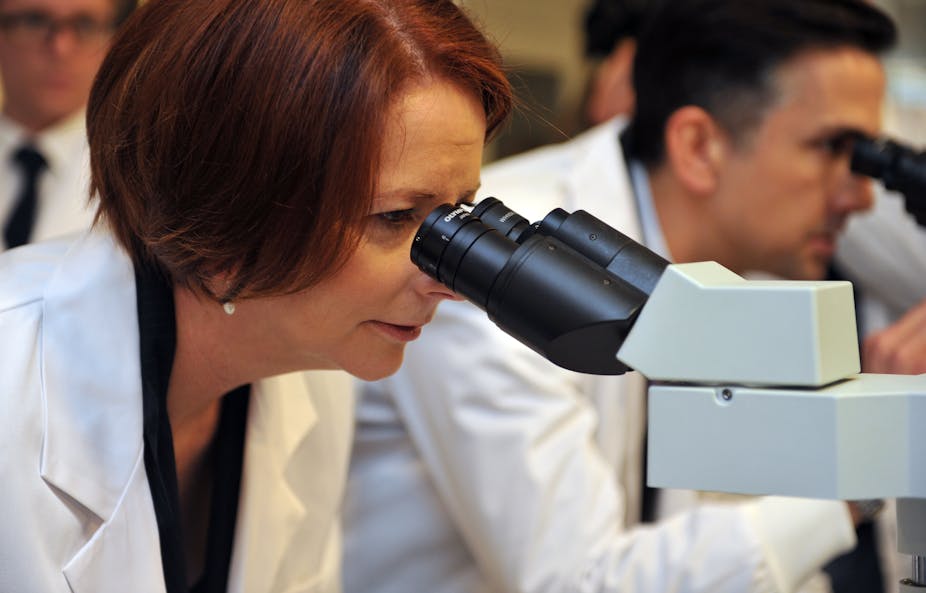The McKeon review of health and medical research has reduced its short term funding bid in the face of current federal budget pressures.
The draft review, released in October last year, suggested an additional $2-3 billion a year for the next ten years was required to address the escalating cost of healthcare.
The final report, handed to the government last week, is understood to have divided the funding bid into two five year periods, with investment accelerating in the second half of the decade-long period.
The final report is also understood to have a much stronger focus on making an investment case for the government. Review chairman Simon McKeon said the review panel had to have some regard for the declining fiscal position of the nation.
“We looked more critically at our recommendations particularly around expenditure and in one or two cases they moved out a little bit over time,” he said.
“We think the package as a whole is the right one, it is affordable over a sensible time frame, but there’s a bunch of things that can be done in the first couple of years that don’t require a lot of funding.”
The review panel made 21 recommendations in the draft report, including redirecting at least 3% of the Federal Government’s public sector health budget to research.
It also recommended up to 1000 fellowships for doctors and the establishment of “Integrated Health Research Centres”, bringing together hospital networks, universities and medical research institutes, to fast-track the discoveries that would bring the greatest benefits to patients.
Mr McKeon said the panel wasn’t suggesting a pilot as was the case with the National Disability Insurance Scheme, but that it was important for the process to be reviewed after an initial five-year period, given its size and importance.
He added that after 19 months, the review panel still didn’t have an answer to the critical question of how much is spent on health and medical research and what the country gets in return.
“There does need to be developed a focus on health economics that we don’t have enough in this country,” he said.
Health economist Nicholas Graves said Australia needed to generate some systematic programs of health services research, a large part of which includes measuring costs and outcomes.
“Scarcity and lack of funding is the biggest public health issue we face and the way we respond to it is going to be the biggest issue over the next decade.”
He cited the UK’s National Institute for Health and Clinical Excellence as a body that helped the government of the day make decisions about health funding.
“It’s something for the politicians to hide behind,” Dr Graves said.
“We can generate the evidence but actually getting decision makers to act on the evidence is very difficult indeed.
"Bold reform in health is a dangerous activity because if they get it wrong they get hung out to dry by the media and they lose their portfolio.”
Mr McKeon said the community as a whole regularly said that health was the most important issue.
“The government often talks about jobs and the economy but actually survey after survey says if you’re only allowed to focus on one thing, it’s health.
"We have the opportunity to build on what is a good system but we can’t take it for granted.”

